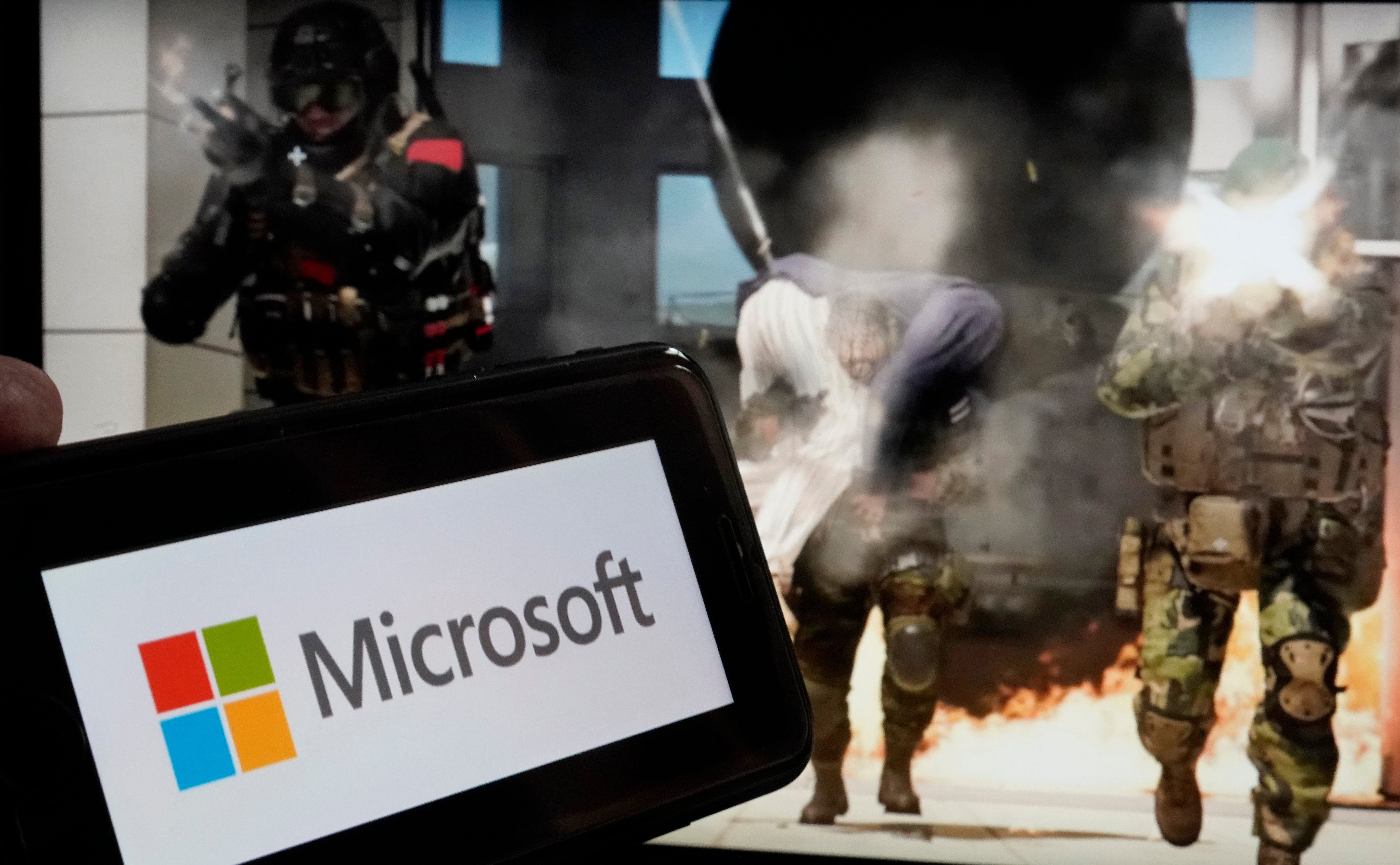Court hearings over future of Xbox and Call of Duty developer reveal PlayStation secrets
US Federal Trade Commission is just one of a number of official bodies looking to investigate huge acquisition

A number of previously secret details about the relationship between Xbox and PlayStation have become public in the latest fight over the future of the consoles.
Microsoft has been attempting to buy Call of Duty developer Activision Blizzard in a $69 billion merger that would become one of the most valuable corporate deals in history. But regulators across the world have voiced concerns that the merger would give the new company too much power.
That includes the US Federal Trade Commission, which has asked a US judge to postpone the deal to allow it to investigate the deal. Court hearings between the US body, and a variety of gaming companies, began this week to decide that question.
Already they have led to what appears to be the accidental publication of highly confidential information from Sony. Court documents supplied by PlayStation boss Jim Ryan were made available to the public with some of the information blacked out – but the way the document was scanned meant that information was visible behind the redactions, The Verge reported.
Those documents reveal that the game Horizon Forbidden West cost $212 million to make, over the course of five years, and that the Last Of Us Part II cost a similar amount. The document also showed that a million PlayStation players only play Call of Duty, and that millions of them spend the majority of the time playing it.
That information was shared in an attempt to convince the court that the purchase of Call of Duty could mean the game being removed from the PlayStation, and that such a move could cause major problems for PlayStation. But it also meant that new details about just how popular the game is.
In the same hearings, however, Microsoft chief executive Satya Nadella said it would make “no strategic sense” for Call of Duty to be available only on one console.
“I grew up in a company that always believed that software should run on as many platforms as possible,” he said.
Asked if Microsoft would have any incentive to refuse to allow the games on Sony’s PlayStation in order to sell more of its Xbox consoles, Nadella responded, “It makes no economic sense and no strategic sense.”
To address the FTC concerns, Microsoft has agreed to license the blockbuster “Call of Duty” to rivals. It has also argued that it is better off financially by licensing the games to all comers.
The FTC has asked Judge Jacqueline Scott Corley in San Francisco to temporarily stop the deal from closing in order to allow the agency’s in-house judge to decide the case. In the past, the side that lost in federal court often conceded and the in-house process was scrapped.
The FTC, which enforces antitrust law, has taken a harder line on mergers during the Biden administration to protect consumers from being disadvantaged by powerful corporations.
Much of the testimony in the trial has focused on Activision’s “Call of Duty,” one of the best-selling videogames of all time.
Activision CEO Bobby Kotick testified earlier on Wednesday that if Microsoft bought his company and blocked other gaming platforms from offering “Call of Duty,” it would alienate many of the 100 million monthly active users and hurt its popularity.
“You would have a revolt if you were to remove the game from one platform,” said Kotick, who added that it was vital to offer the game across multiple platforms, including consoles, mobile phones and personal computers.
Mr Kotick argued there was no incentive for Microsoft, if it closes the deal for Activision, to restrict who offers the company’s games. For example, he said that removing “Call of Duty” from Sony’s PlayStation would be “very detrimental” to Activision’s business.
He also acknowledged that the deal, which he said earlier on Wednesday he wants “very much” to close, would result in his personal shares being valued at over $400 million.
The deal has won approval from many jurisdictions but has been opposed by the FTC in the United States and Britain’s Competition and Markets Authority.
Additional reporting by Reuters
Join our commenting forum
Join thought-provoking conversations, follow other Independent readers and see their replies
Comments
Bookmark popover
Removed from bookmarks